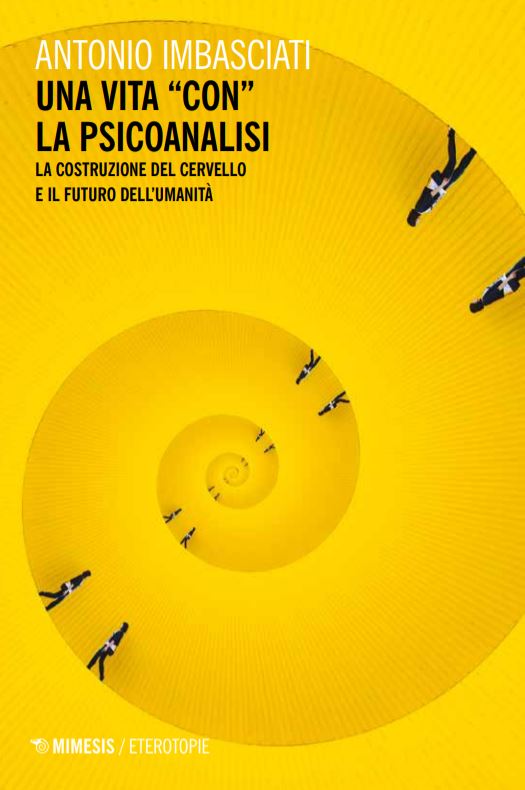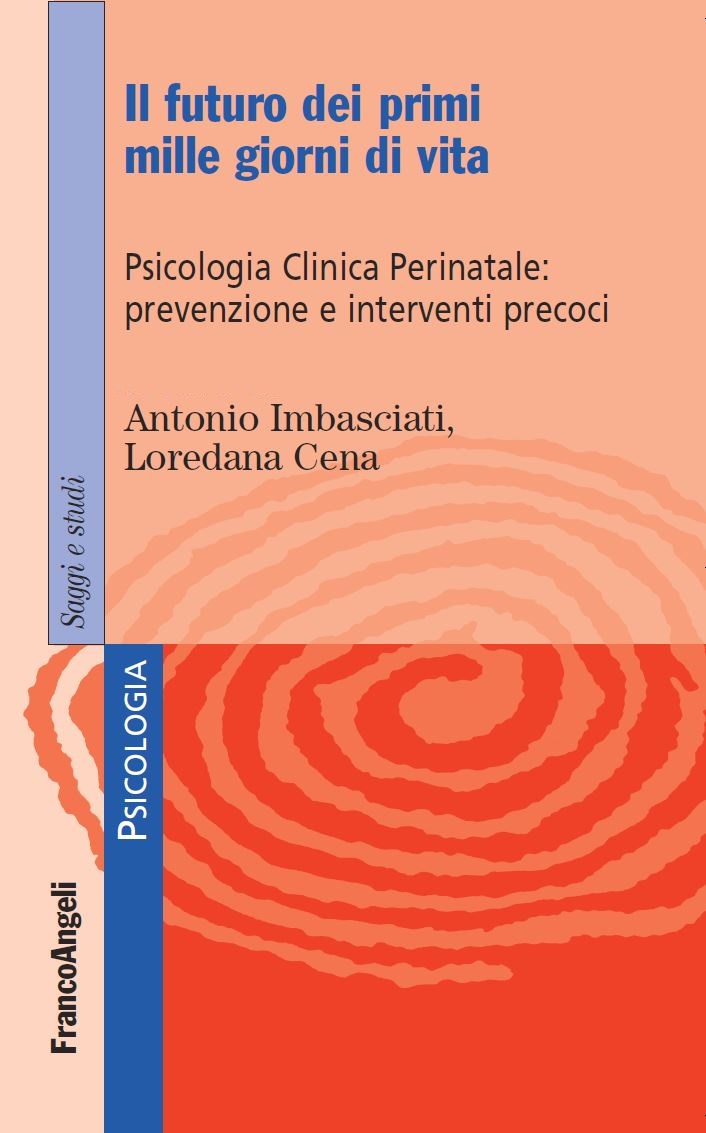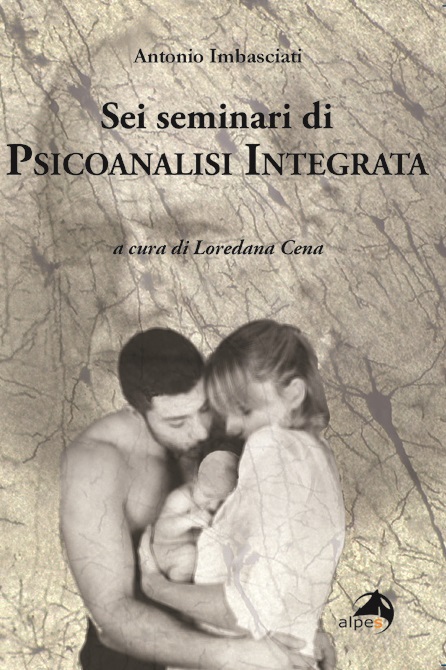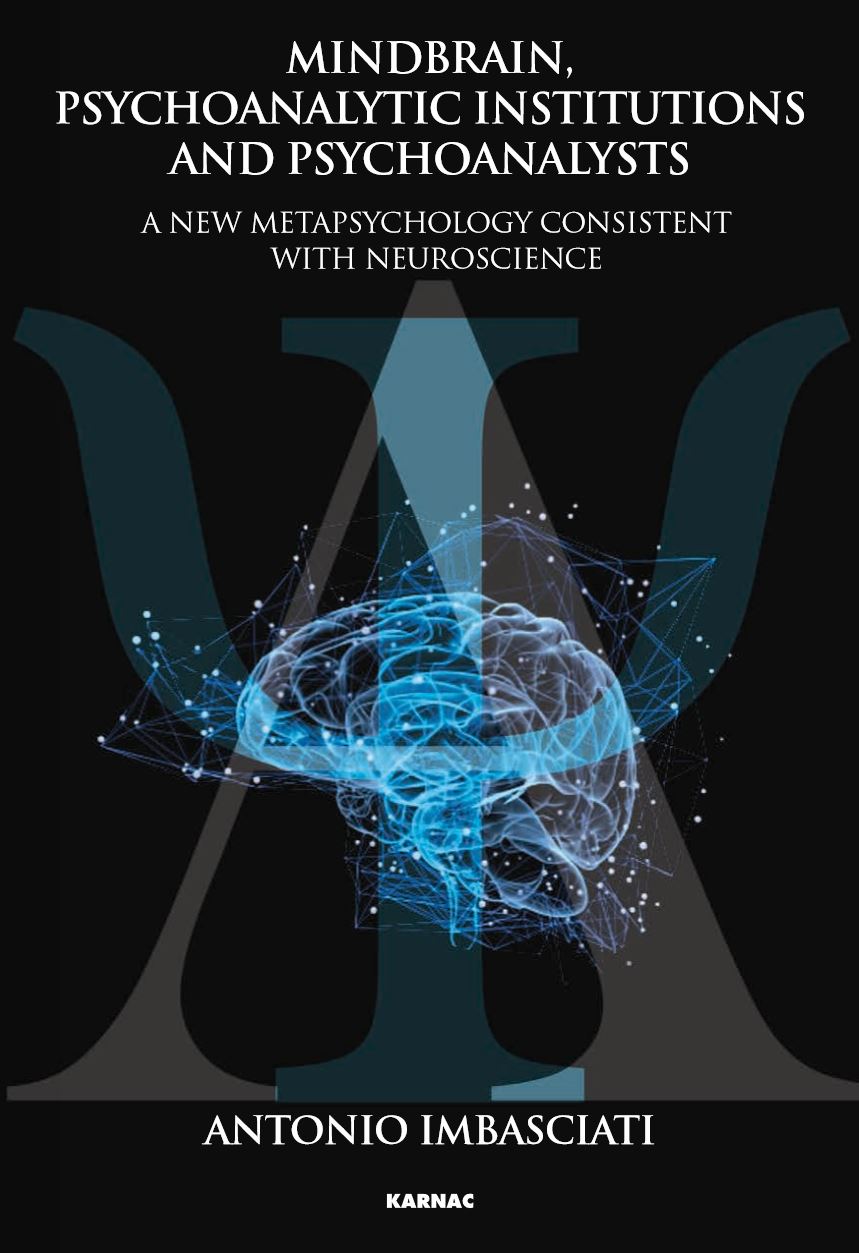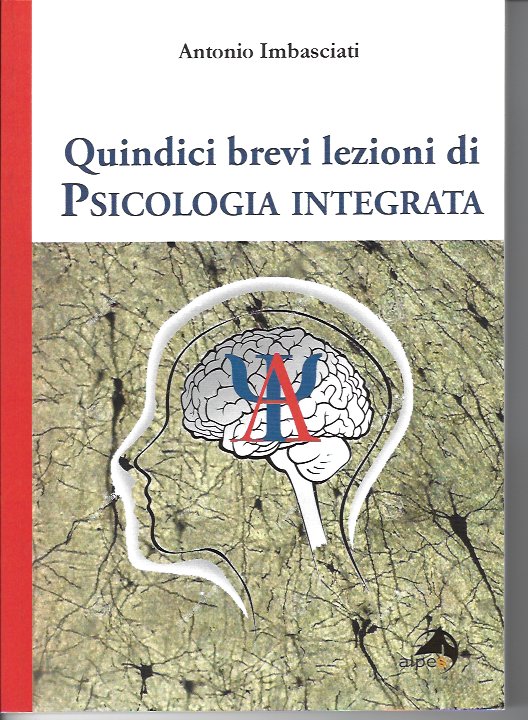6. Criticism of Freudian Metapsychology
The author, psychoanalyst and university professor now Emeritus (www.imbasciati.it), in his eighty-third year of an intense scientific life, intended to leave a sort of inheritance of his interior “passion”, imbued with his life events, which led him to investigate the mind and the brains of humans. His life took place in an affective-emotional inner maturation, […]
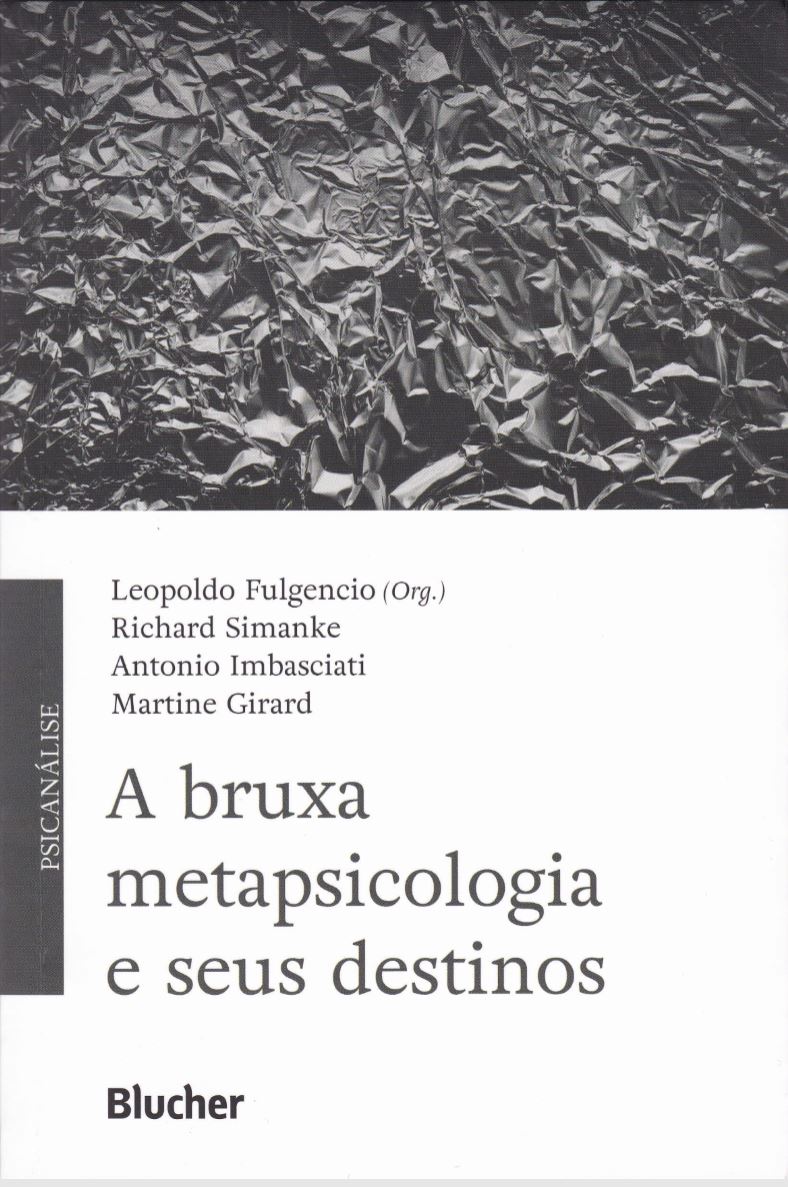
In the first thousand days of life, counting from conception, a first individual functional matrix – synaptic networks – is formed which will condition every subsequent elaboration of the life experiences of that individual and therefore every further construction of functionality in the individual’s brain, i.e. every subsequent neuro-psycho-somatic development of that person. This first […]
Freud founded psychoanalysis since more a century. His invention of a particular method in seeking into the mind allowed him a very important discovery and the constitution of a new science, which he expected to be developed.
In this last book (www.imbasciati.it) I have collected and tried to summarize the ideas I have developed by integrating different sciences of the mind during my long experience as a psychoanalyst, a researcher, then a professor, a trainer as well as a director of a university school. Throughout my professional life I aimed at systematizing, integrating and possibly unifying the diverse theories on the origins and functioning of the mind. In psychoanalysis these theories – although they were formulated over a century ago – are still mixed and confused in a state of inadequacy both in terms of epistemology and general culture. In my life, psychoanalysis has been the field where I have, most passionately, found implicit scientific limits in the institutions which have as their explicit goal the development of the science that Freud founded one-hundred years ago. But this is the case everywhere: Institution, as Elliott Jacques said, works against Organization…
In last ten years (from ‘2000) the Italian State University underwent progressive economic restrictions, due to the general economic crisis.

